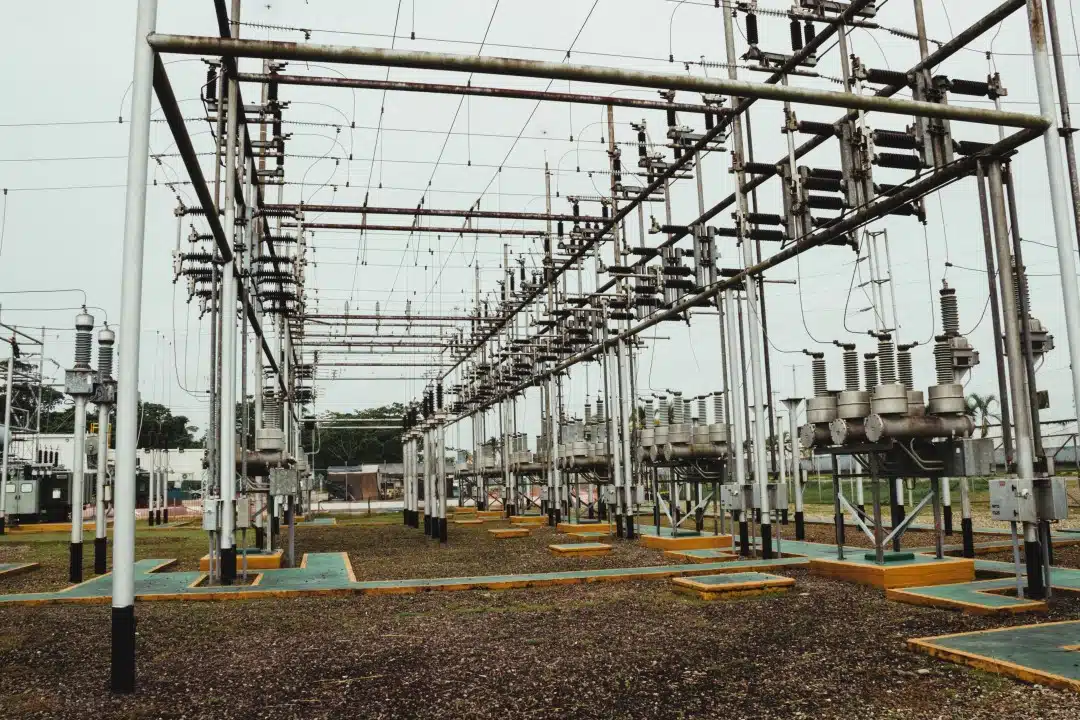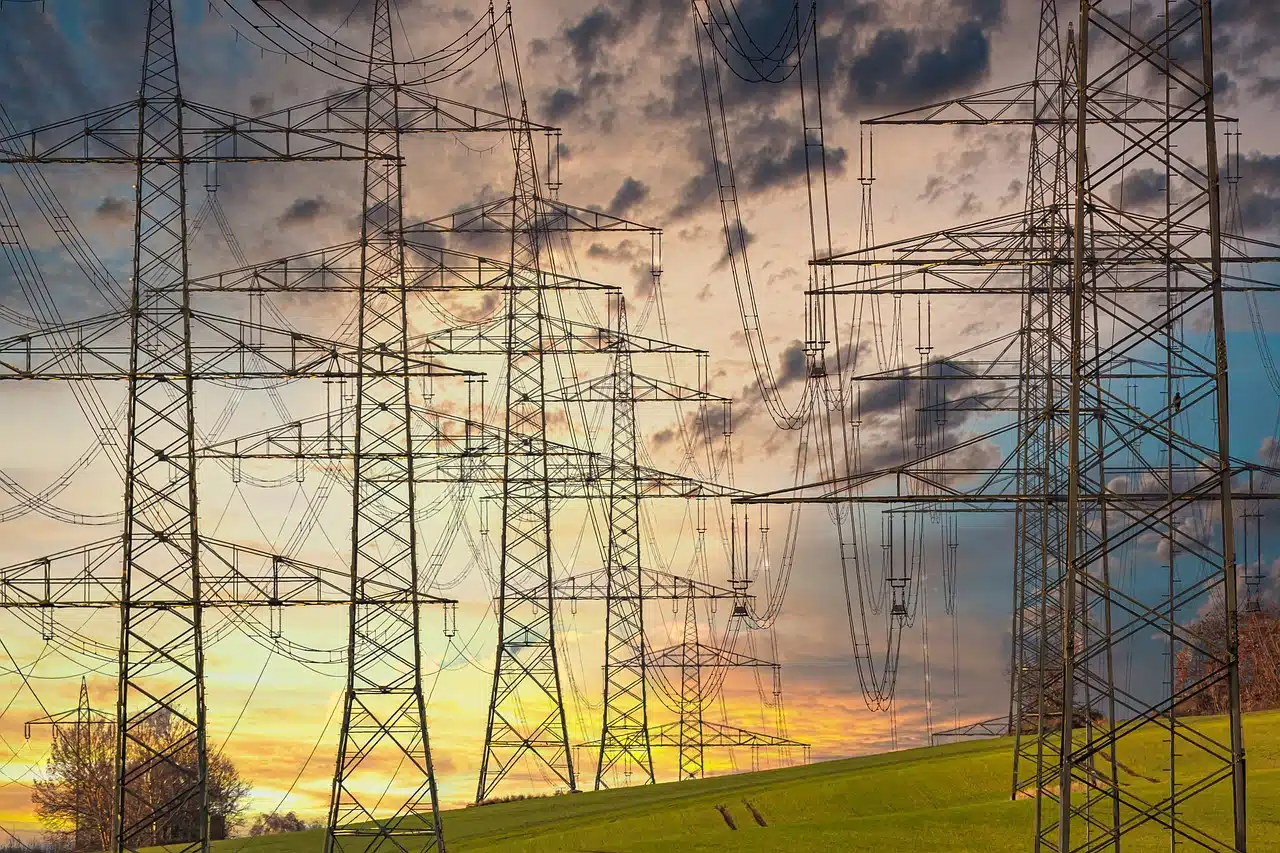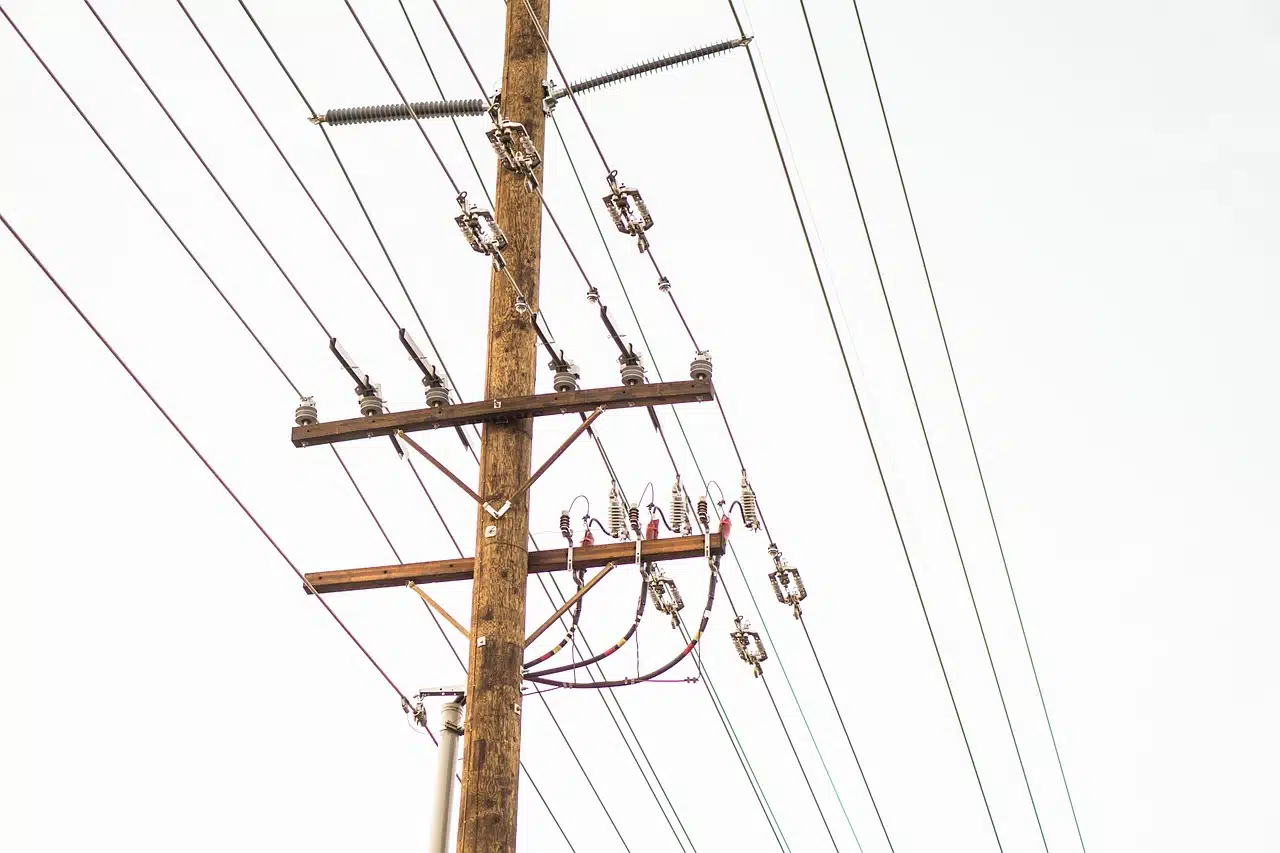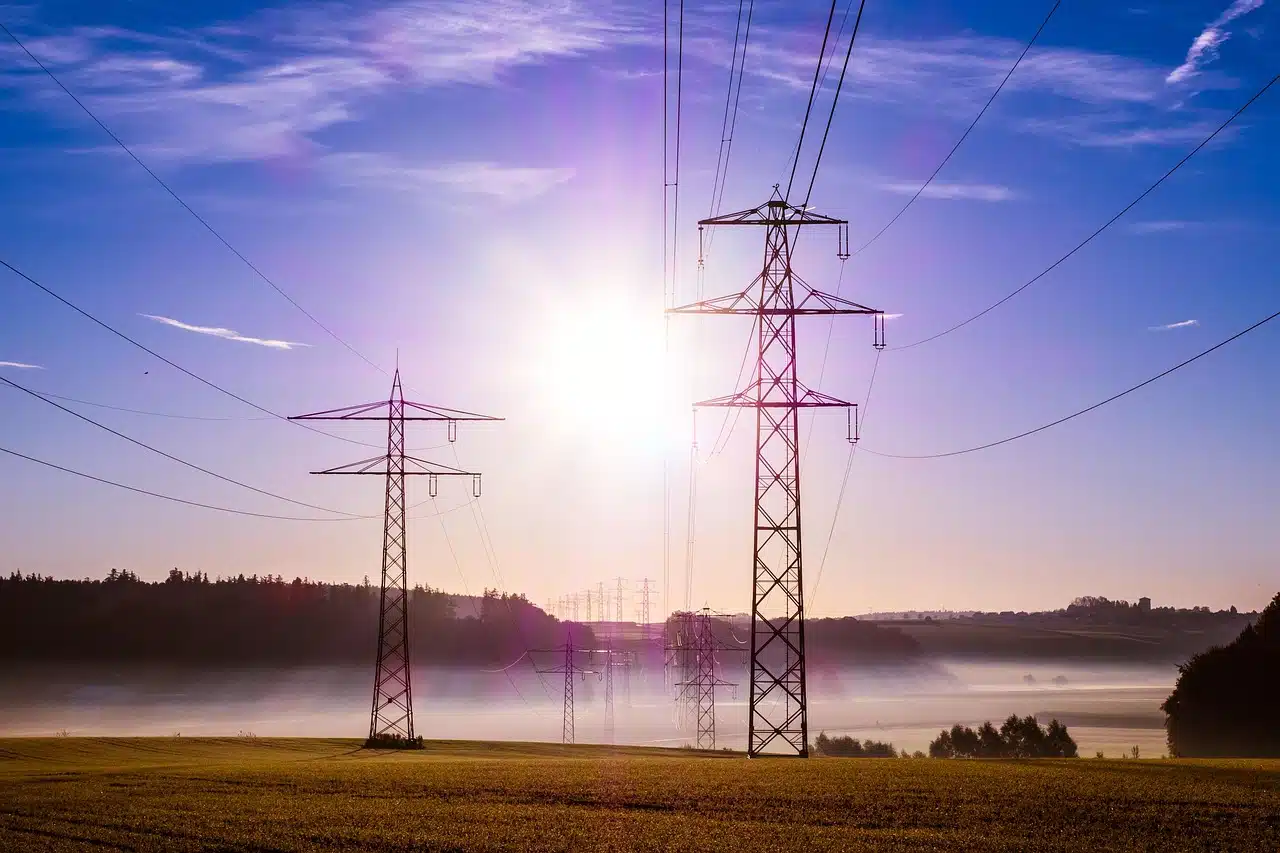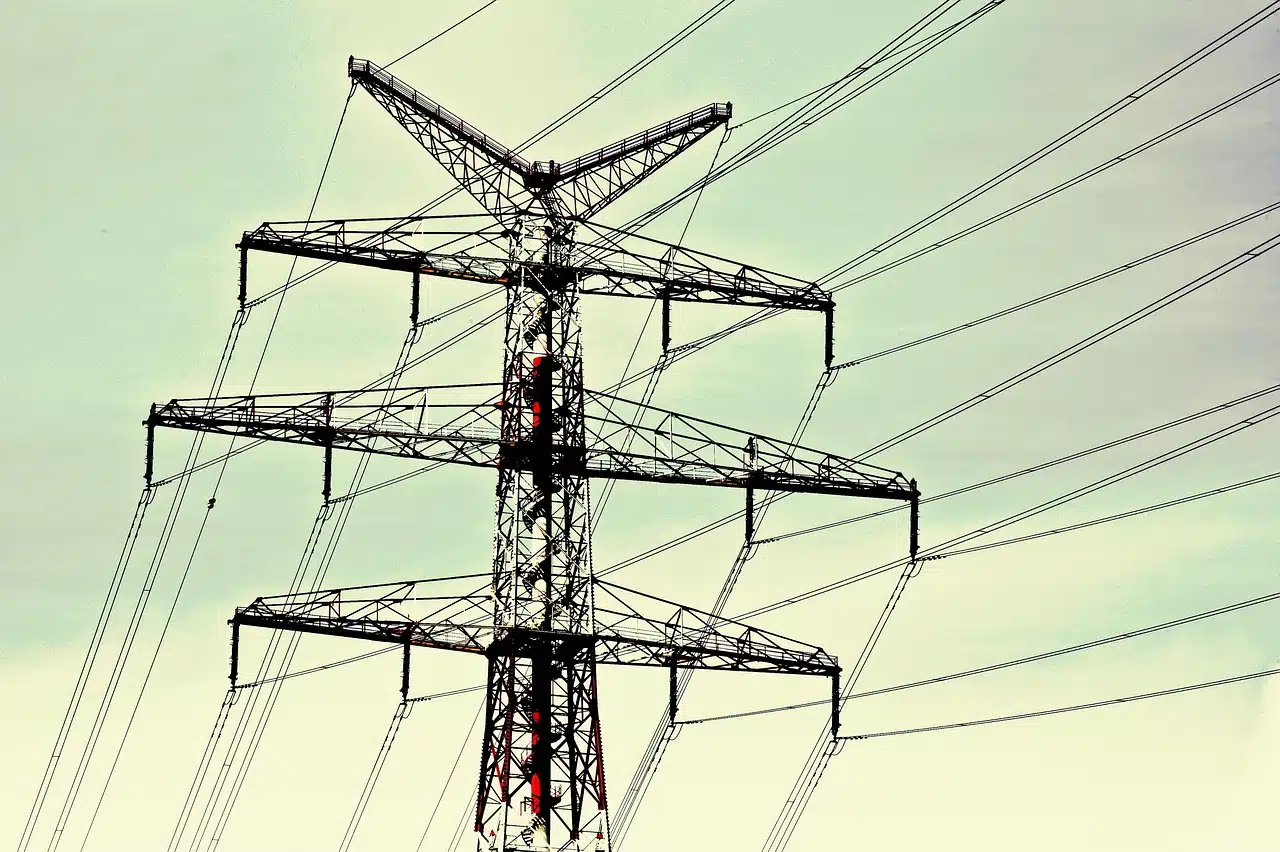The Federal Government of Nigeria has announced plans to reform electricity tariffs in an effort to address inconsistencies in the current billing system and stimulate much-needed investment in the power sector.
The Nigerian Minister of Power, Adebayo Adelabu, disclosed this during the public presentation of the National Integrated Electricity Policy and Nigeria Integrated Resource Plan on Thursday in Abuja.
The proposed changes aim to create a more equitable pricing structure while encouraging DisCos to invest in infrastructure improvements.
Adelabu explained that the government is considering this move because of the slow progress in transitioning customers to Band A.
He attributed the delay to the reluctance of Distribution Companies (DisCos) to make the necessary investments.
Under the existing structure, Band B customers, who receive 16 to 18 hours of electricity daily, are charged ₦63 per kilowatt-hour, while Band A customers, with only two additional hours of supply, pay ₦209 per kilowatt-hour.
The minister described this disparity as unfair and emphasized the need for a more balanced and equitable pricing system.
“We will review the tariff structure,” Adelabu stated.
The Minister however stated that the review will not include an increase in tariffs.
“Let me be clear; this does not mean an immediate tariff increase. Our goal is to build on the progress made last year, not only to grow the sector but also to attract more investment to upgrade our outdated infrastructure. We must ensure that the sector is sustainable and capable of meeting the needs of all Nigerians.”
He further noted that the transition to Band A has been slower than expected due to the reluctance of distribution companies (DisCos) to invest in the sector.
“Significant investment is required to accelerate the migration of lower-band customers to Band A, but this has been delayed because DisCos have not committed the necessary resources,” he said. “This lack of investment has created a bottleneck, preventing many customers from enjoying improved services.”
To address these challenges, the government is considering restructuring the tariff bands to reduce the current wide gap between them.
A proposed new system would integrate Bands A, B, and C, aiming to create a fairer and more just pricing framework.
“The disparity between Band A tariffs and those of Bands B, C, D, and E is too significant,” Adelabu said. “We believe this is unjust, and we are committed to implementing measures to regularize the system. Our focus is on creating a structure that is fair, transparent, and capable of driving the sector forward.”
The minister also highlighted the importance of infrastructure investment in achieving these goals.
He stressed that without significant upgrades to the power grid, transmission lines, and distribution networks, the sector would continue to struggle.
“We need to revamp our dilapidated infrastructure to ensure reliable and consistent power supply for all Nigerians. This requires not only government intervention but also active participation from private investors and DisCos.”
This new tariff review mirrors an earlier proposition made by Minister Adelabu before the Nigerian Senate to move more electricity consumers to Band A electricity tariff in place of instituting another rate hike.
However, a tariff hike may not be far behind as President Bola Tinubu’s Special Adviser on Energy, Olu Verheijen, recently disclosed that the current power tariffs would rise by about two-thirds.
If implemented, electricity tariffs would be raised by over 66%.
Verheijen had defended the proposed tariff hike saying the higher tariffs are required to fund the maintenance necessary to improve reliability and to attract private investors into power generation and transmission.

